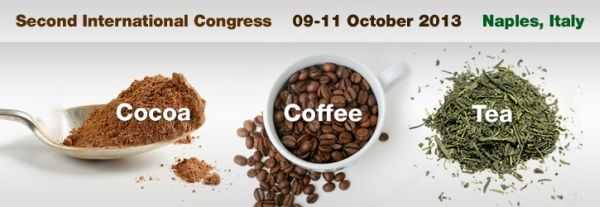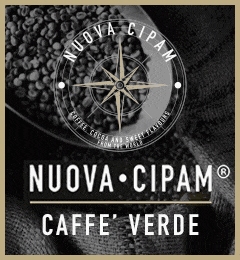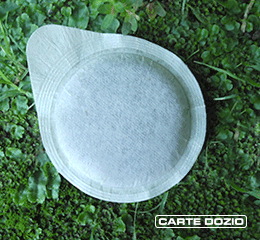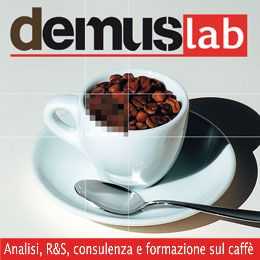Condividi con noi le tue storie legate al caffè scrivendo a direzione@comunicaffe.it.
Sarriá B1 Martínez-López S1 Sierra-Cinos JL2 Garcia-Diz L2 Mateos R1 Bravo L1
1Department of Metabolism and Nutrition, Food Science, Technology and Nutrition Institute (ICTAN- CSIC), José Antonio Novais 10, 28040 Madrid, Spain. 2 Department of Nutrition and Bromatology I. Pharmacy Phaculty. Complutense University of Madrid (UCM). Ciudad Universitaria, s/n. 28040 Madrid, Spain. E-mail: beasarria@ictan.csic.es
Nowadays the cardioprotective properties of cocoa are well established, and cocoa manufacturers are actively pursuing ways to produce novel products lowering sugar levels, increasing polyphenols, dietary fibre levels, etc. trying not to compromise the flavour and texture of the cocoa products (CP) and to keep or improve their health effects.
Many studies support the cardiovascular protective effects of the Mediterranean diet, however, drastic changes in food habits in Mediterranean populations are occurring in the recent years and a marked increase in cardiovascular disease mortality has been taking place.
This negative trend may be counterbalanced to a certain extent by consuming new CP with beneficial health properties which need to be previously assessed.
Our group has carried out human studies to evaluate the potential cardiovascular benefits of regularly consuming a CP rich in fibre (CP-A, containing 33.9% of total dietary fibre and 1.5 mg/g d.m. of flavanols) in milk, and a CP rich in flavanols (CP-B, containing 24.9% of total dietary fibre and 2.9 mg/g d.m. of flavanols) in milk, versus consuming only milk (control).
Two non-randomised, controlled, crossover, free-living studies were carried out in healthy and moderately hypercholesterolemic (>200 mg/dL) subjects. In both studies volunteers consumed 2 servings/d of CP-A (15 g/serving) in milk or 2 servings/d of CP-B (7.5 g/serving), versus consuming only milk during 4 weeks, and polyphenol rich fruits, vegetables and beverages were restricted.
In study one, regularly consuming CP-A improved dietary fibre intake (p=0.001) and cardiovascular health by increasing HDL-C (p<0.001) and decreasing glucose (p=0.029), IL-1β (p=0.001) and IL-10 (p=0.001) in both healthy and hypercholesterolemic subjects without producing weight gain [1].
In the second study, after consuming CP-B dietary fibre intake increased (p=0.031), as well as serum HDL-C (p<0.001) levels whereas malondialdehyde levels decreased (p=0.034) in healthy and hypercholesterolemic subjects without inducing anthropometric changes.
Conclusion: CP-A and CP-B might be considered part of a dietary approach or a functional food or ingredient for the food industry to improve cardiovascular health within a balanced diet.
References:
[1] Regular consumption of a cocoa product increases HDL-cholesterol and reduces glucose, IL-1β and IL-10 levels without inducing weight gain in healthy and moderately hypercholesterolemic subjects. B Sarriá, S Martínez-López, JL Sierra-Cinos, et al. Br J Nutr (accepted).















